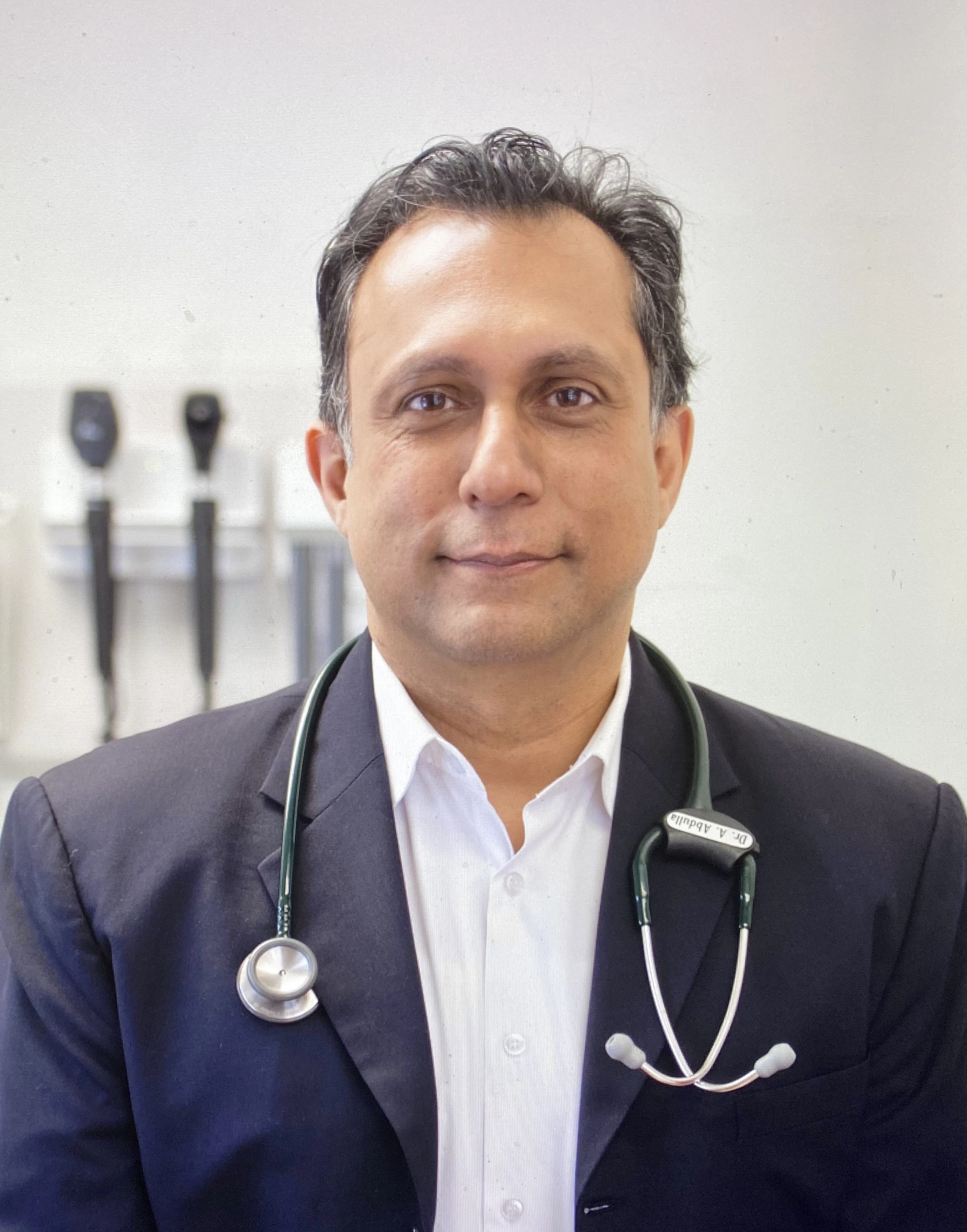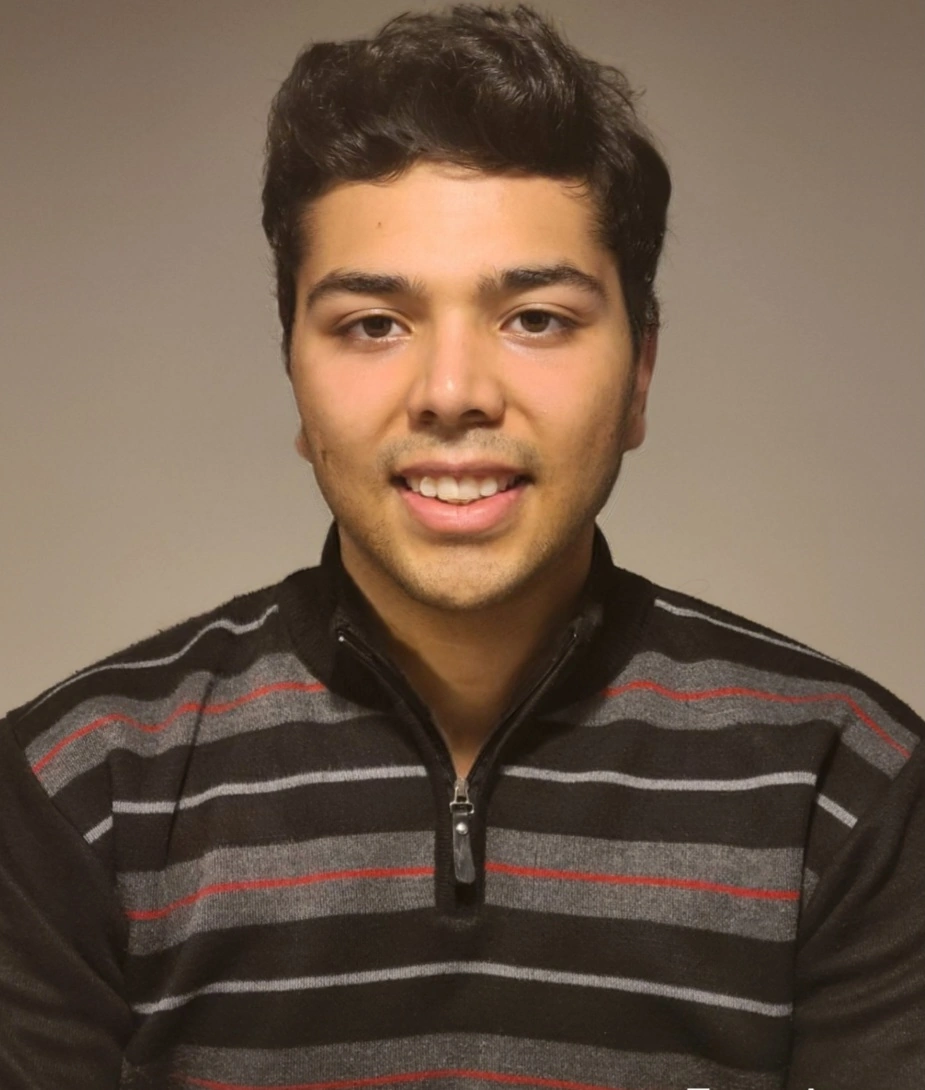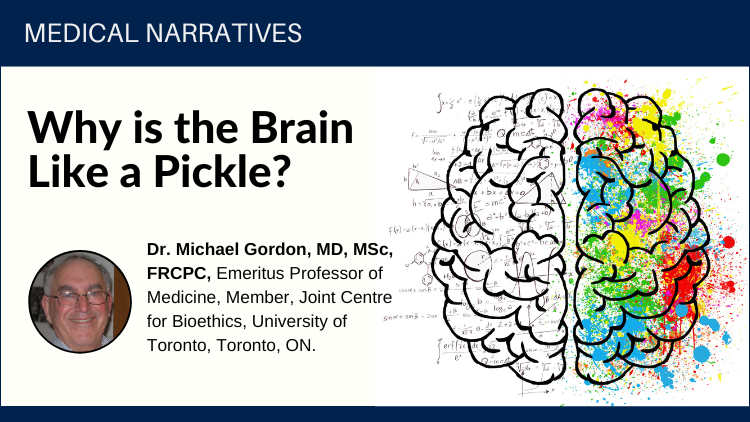
Alykhan Abdulla, BSC, MD, LMCC, CCFPC, DipSportMed CASEM, FCFCP, CTH (ISTM), CCPE, Masters Cert Phys Leader, ICD.D
is the Medical Director of The Kingsway Health Centre, The Kingsway Travel Clinic, and The Kingsway Cosmetic Clinic.
He is also the Assistant Professor at the University of Ottawa Faculty of Medicine and Academic Clinical Professor
at the University of Ottawa Faculty of Nursing. In addition he is the Director of UOttawa Undergraduate Medical
Education Leadership Development Curricula. Dr. Abdulla is the Editor in Chief Journal of Current Clinical Care
Sports Medicine section. He is the Board Director Bruyere Continuing Care, ESO-OHT Primary Care Table, Ontario
Medical Foundation, College of Family Physicians of Canada, 700 Sussex Drive Board (OCLCC 713), The Rideau Club
Finance & Audit and Past Chair Section of General and Family Practice Ontario Medical Association.

Moiz Lakhani, BHSc graduate from McMaster University and current medical student at the University of Ottawa,
co-hosts the Med Talks: Beyond the White Coat podcast. A 2021 Cansbridge fellow, Moiz has spoken at the UN HQ, Youth Assembly
Conferences, and WISE in Qatar. He's also a 2022 Diana Award recipient, the highest honor for youth in social action and
humanitarian work.









